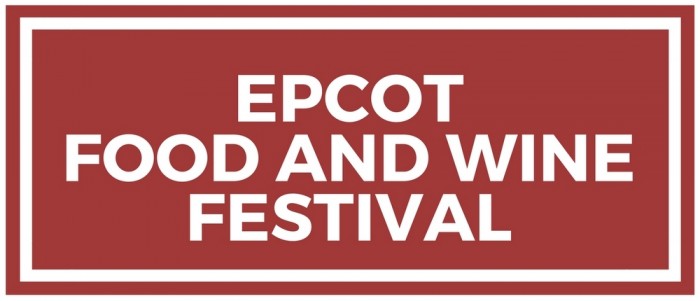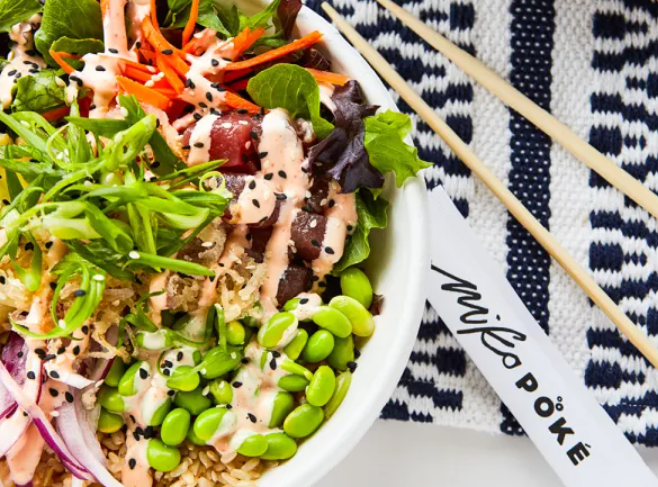A new study has shown that the raw seafood you are ordering in dishes such as poke, ceviche and sushi may not be what you think it is.
This could be a particularly critical issue for those with food allergies.
The study, conducted by the Food Science Program at Chapman University, examined 103 samples of sushi, poke, and ceviche sold at restaurants in Orange County, CA. A whopping 63% of them were mislabeled.
About ⅓ of the incidents of fish mislabeling were identified as “species substitution” – when something is identified as, say, halibut or red snapper, but is actually a cheaper white fish. The study’s authors said there is often economic motivation for this type of substitution, but noted that it could be happening somewhere in the fishing industry before the fish winds up at the restaurant level.
The remaining ⅔ of the mislabeling incidents were restaurants using names for the fish other than those on the FDA’s Seafood List. Some common examples of this include the labeling of Amberjack as “Yellowtail” and the labeling of Escolar as “White Tuna.” The FDA’s list was established to establish common names for the industry and protect consumers.
The Washington Department of Fish and Wildlife notes that seafood mislabeling can be dangerous to those who are allergic to shellfish but can eat other types of seafood, and those with similar allergies. Mislabeled fish could also contain toxins that you were not aware of, and the mislabeling can have an impact on conservation efforts for endangered species.
How can you protect yourself from seafood mislabeling?
- Seafood Watch – a conservation organization that rates the sustainability of seafood, and whose ratings are used by Disney, Red Lobster, Whole Foods, and other companies – produces consumer guides you can use to find out what fish is in season.
- Remember the old adage: If it sounds too good to be true, it probably is. That great price you are getting on a normally expensive fish could indicate mislabeling.
- Try to order seafood from restaurants you frequent and trust. Ask questions like when and where their seafood was sourced.
- Speak up about any allergies or other health concerns you have – don’t just count on avoiding an allergen with your order. Restaurant staff should be eager to listen and tell you what precautions they can take to keep your plate allergen-free.
Stay tuned to DFB for the latest food news!
Seafood Controversy: Will Disney Stop Serving Lobster?
Join the DFB Newsletter to get all the breaking news right in your inbox! Click here to Subscribe!
Are you worried about seafood mislabeling? Share your concerns in the comments!





 Our handy (and portable!) ebook guides make sure you get the best deals and can plan a vacation of a lifetime.
Our handy (and portable!) ebook guides make sure you get the best deals and can plan a vacation of a lifetime.

TRENDING NOW
Amazon's Black Friday Week is right around the corner!
Reimagined Test Track (or Test Track 3.0) is opening in 2025, and we're breaking down...
As much as we love the Disney Skyliner, there are two downsides to it, as...
Now is the time to grab gift cards!
It seems Disney is finally ready to share more exciting news about one of its...
We had Afternoon Tea at The Cake Bake Shop!
If you plan on visiting Disney World parks on your arrival day, read this!
This is THE BEST hidden hotel Disney World restaurant and no one can convince me...
Disney has added two new fun souvenirs that Annual Passholders can grab soon, so don't...
A new streaming option on Disney+ will allow accounts to "pause."
We have a special throwback recipe for you today -- Cinnamon Rolls from Main Street...
We stopped by Jock Lindsey's Hangar Bar to check out the new holiday offerings, and...
We found the new bag you'll definitely want to bring with you to the Disney...
These 32 Disney Christmas gift sure look expensive -- but they won't break the bank!
There are a lot of changes happening at Disney World in the coming years, but...
A Disney World hotel is EXPANDING!
The Disney Treasure has several small eating options.
We got a first look at Disney's NEW Haunted Mansion lounge!
Want to wear some cute holiday ears for your upcoming Disney World trip but don't...
A major celebrity took to Instagram to share their excitement about a recent Disney World...